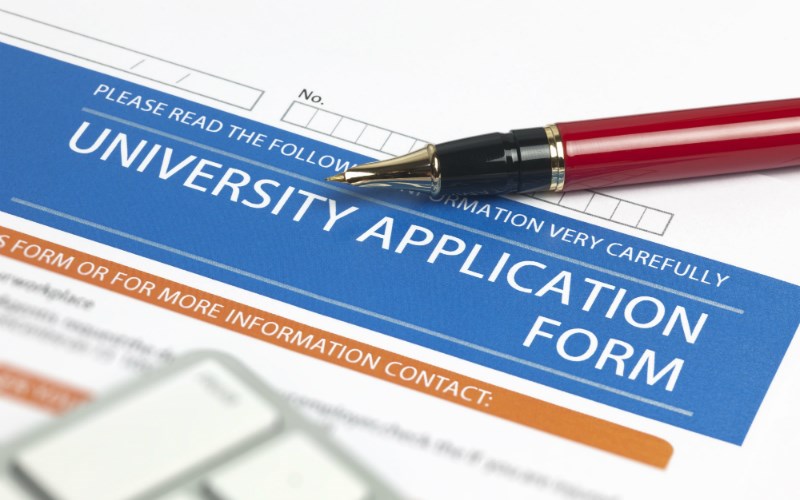Barack Obama-appointed U.S. District Judge Loretta Biggs ruled late Monday that the University of North Carolina has shown compelling reason to pursue a diverse student body and that the school has demonstrated that measurable benefits would come from that goal.

A group known as Students for Fair Admissions, which has pursued a similar lawsuit against Harvard and is challenging an appellate denial in that case to the U.S. Supreme Court, has now sued UNC, arguing that the racial quotas disadvantage white and Asian students.
"I believe that ultimately this Harvard case that's associated -- it's not exactly the same case, but it's the same argument -- is going to get to the Supreme Court first," comments Project 21 co-chairman Horace Cooper, a former constitutional law professor. "The Supreme Court is going to rule that you may not make race the basis of whether or not a person gets an advantage in admissions."
Cooper says the UNC admissions policy is racist.
"For every person you give an advantage to by their race, there's a similar number of people who are disadvantage because of their race," he reasons. "This liberal judge doesn't want to see the Constitution as it is. But here's the truth: At the end of the day, this ruling is not going to stand."
Meanwhile, constitutional attorney John Whitehead of The Rutherford Institute says the American Bar Association appears ready to break the law with a demand that law schools first consider the race of their applicants.

The ABA directive would require schools to "take effective actions" to diversify their student bodies, but Whitehead notes that federal law clearly states that race cannot be a factor in admissions policies.
"Why they're doing this at this particular time, I just think it's just part of the overall political correctness culture we're seeing," he submits. "It can be dangerous; in other words, it can roll back on you. People that want fairness in race can end up being on the wrong end of the stick [at] certain places and in certain times in the future."
He adds that such a policy would endanger critical thinking, which is a crucial element in the study of law.
"They want people to be free to think, because that's why we have a First Amendment," Whitehead says. "The First Amendment demands critical thinking, and this type of activity is undermining critical thinking."
The proposed policy has already produced pushback from a number of law professors who see it as a threat to academic freedom.







